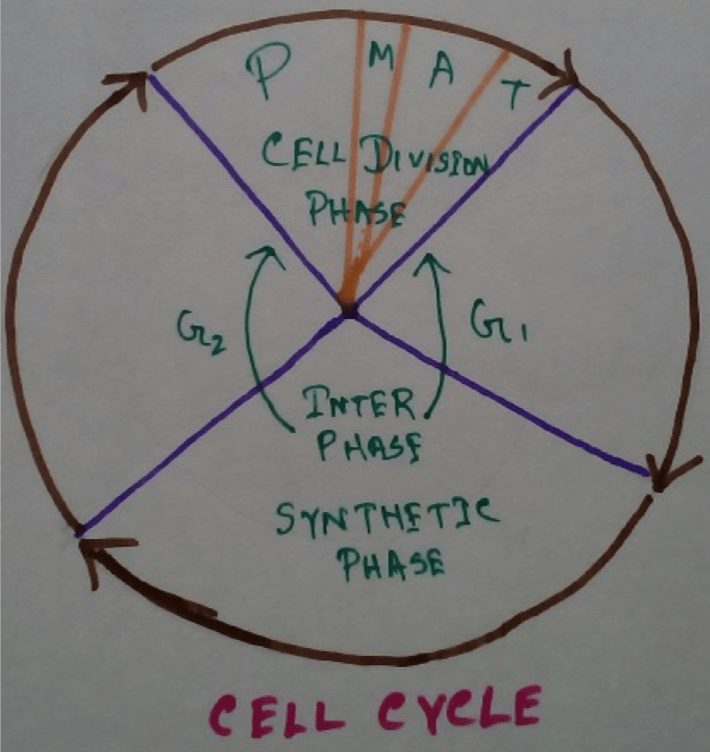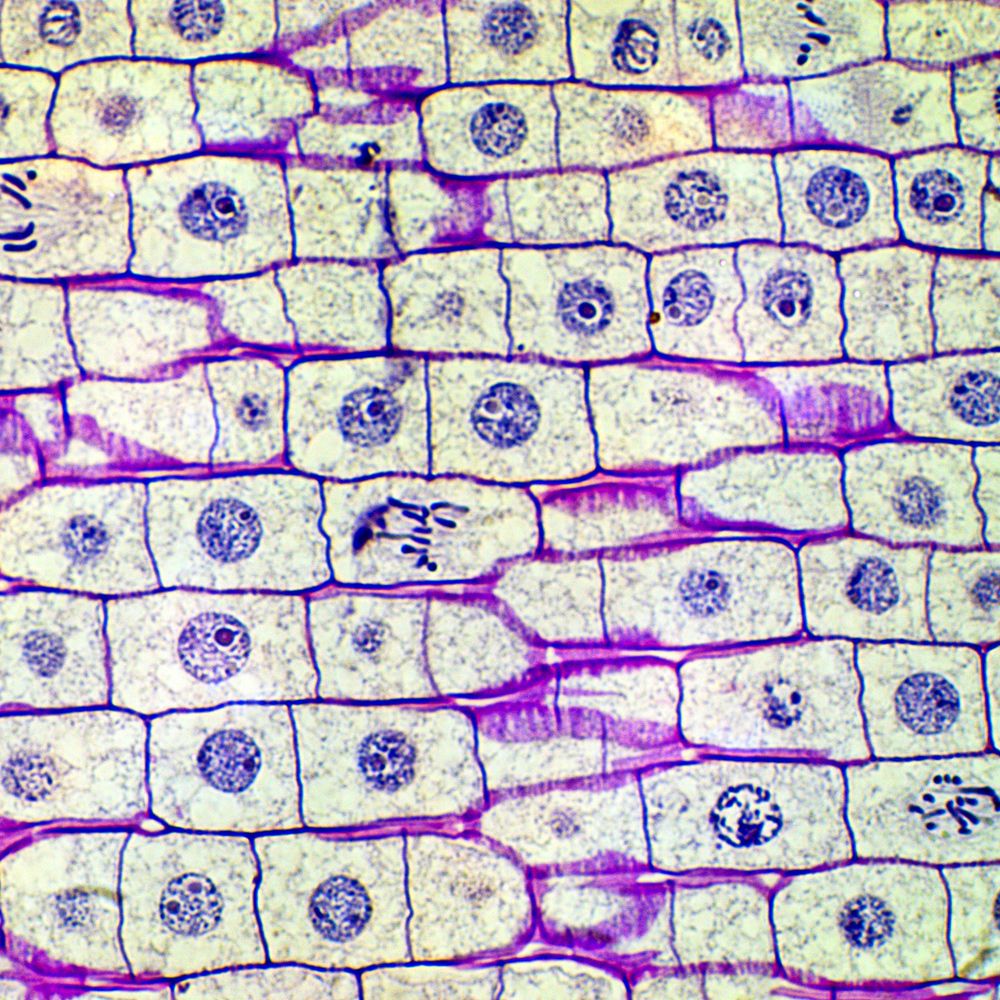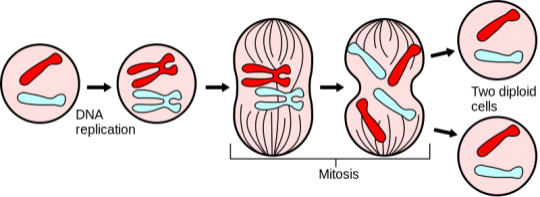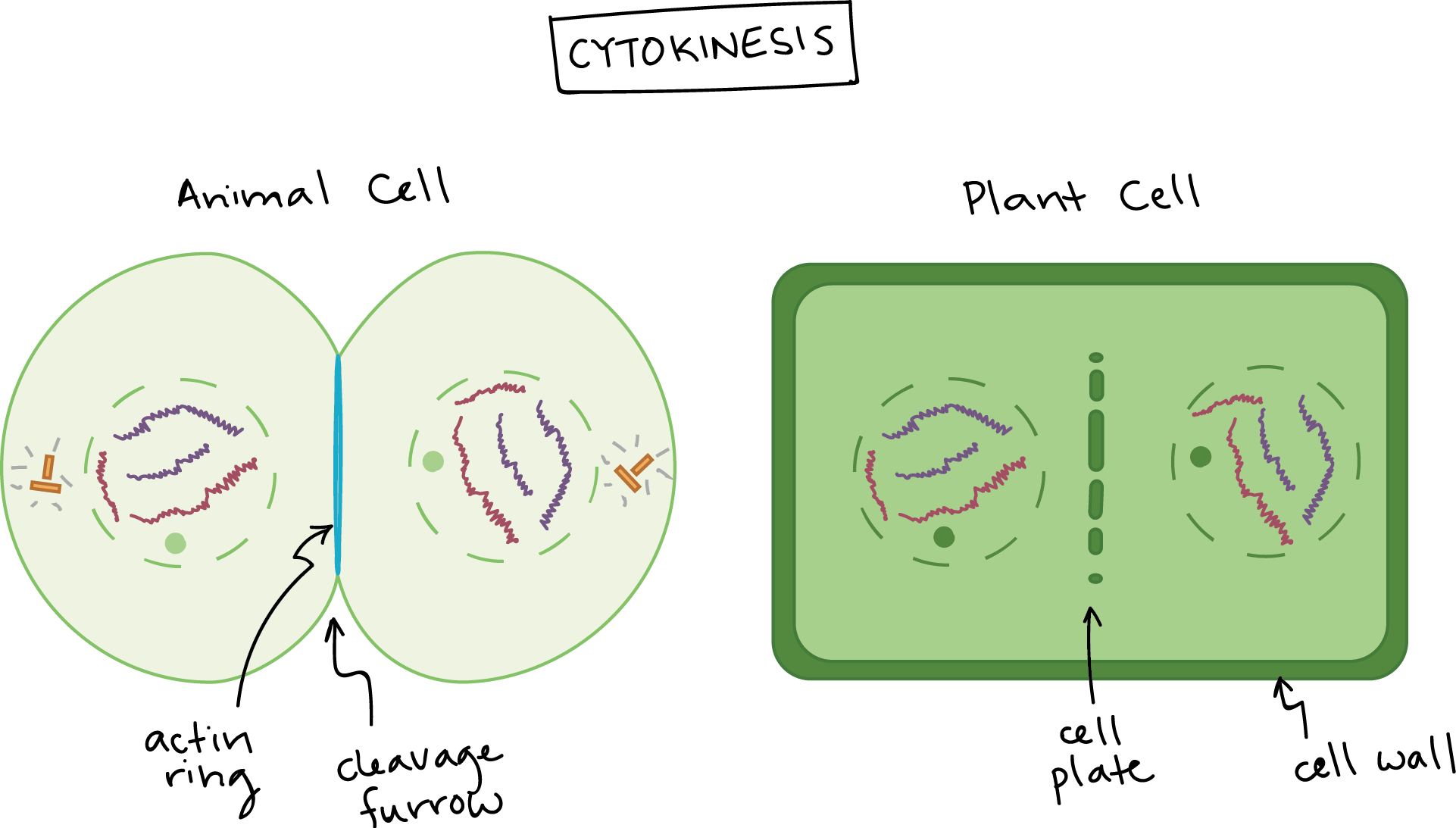Last Updated: April 28, 2017 Interphase Definition Interphase is the longest stage in the eukaryote cell cycle. During interphase, the cell acquires nutrients, creates and uses proteins and other molecules, and starts the process of cell division by replicating the DNA.
Modeling Mitosis and Meiosis – Carolina Knowledge Center
Sep 17, 2023Cells on the path to cell division proceed through a series of precisely timed and carefully regulated stages of growth, DNA replication, and division that produce two genetically identical cells. The cell cycle has two major phases: interphase and the mitotic phase (Figure 5.2.1 5.2. 1 ). During interphase, the cell grows and DNA is replicated.

Source Image: first-learn.com
Download Image
By the time interphase ends, the cell is fully prepped and ready to dive into the actual process of cell division, known as mitosis. The Mitotic Phase. To make two daughter cells, the contents of the nucleus and the cytoplasm must be divided. The mitotic phase is a multistep process during which the duplicated chromosomes are aligned, separated

Source Image: perkins.org
Download Image
SOLUTION: Cell cycle and cell division – Studypool
Before a dividing cell enters mitosis, it undergoes a period of growth called interphase. About 90 percent of a cell’s time in the normal cell cycle may be spent in interphase. G1 phase: The period prior to the synthesis of DNA. In this phase, the cell increases in mass in preparation for cell division. The G1 phase is the first gap phase.

Source Image: scribd.com
Download Image
How Does Interphase Prepare Cells For Mitosis
Before a dividing cell enters mitosis, it undergoes a period of growth called interphase. About 90 percent of a cell’s time in the normal cell cycle may be spent in interphase. G1 phase: The period prior to the synthesis of DNA. In this phase, the cell increases in mass in preparation for cell division. The G1 phase is the first gap phase.
Aug 3, 2023The interphase is the preparation phase for mitosis and it is also the longest phase in the cell cycle. The interphase takes place in the cytoplasm and the cell nucleus. Figure: The Stages of Interphase and the Cell Cycle. Image Source: OpenStax (Rice University). Table of Contents Interphase stages: What happens during the interphase? Gap 1 (G1)
10 Cell Cycle N Cell Division-Notes | PDF | Meiosis | Mitosis
The four stages of mitosis are known as prophase, metaphase, anaphase, telophase. Additionally, we’ll mention three other intermediary stages (interphase, prometaphase, and cytokinesis) that play a role in mitosis. During the four phases of mitosis, nuclear division occurs in order for one cell to split into two.
2.5 The Cell Cycle | PDF | Mitosis | Cell Cycle

Source Image: scribd.com
Download Image
Interphase Stock Illustrations – 237 Interphase Stock Illustrations, Vectors & Clipart – Dreamstime
The four stages of mitosis are known as prophase, metaphase, anaphase, telophase. Additionally, we’ll mention three other intermediary stages (interphase, prometaphase, and cytokinesis) that play a role in mitosis. During the four phases of mitosis, nuclear division occurs in order for one cell to split into two.

Source Image: dreamstime.com
Download Image
Modeling Mitosis and Meiosis – Carolina Knowledge Center
Last Updated: April 28, 2017 Interphase Definition Interphase is the longest stage in the eukaryote cell cycle. During interphase, the cell acquires nutrients, creates and uses proteins and other molecules, and starts the process of cell division by replicating the DNA.

Source Image: knowledge.carolina.com
Download Image
SOLUTION: Cell cycle and cell division – Studypool
By the time interphase ends, the cell is fully prepped and ready to dive into the actual process of cell division, known as mitosis. The Mitotic Phase. To make two daughter cells, the contents of the nucleus and the cytoplasm must be divided. The mitotic phase is a multistep process during which the duplicated chromosomes are aligned, separated

Source Image: studypool.com
Download Image
Cell cycle slides | PPT
Define the quiescent G 0 phase. The cell cycle is an ordered series of events involving cell growth and cell division that produces two new daughter cells. Cells on the path to cell division proceed through a series of precisely timed and carefully regulated stages of growth, DNA replication, and division that produces two identical (clone) cells.

Source Image: slideshare.net
Download Image
Cell Division – Mitosis and Meiosis | Ask A Biologist
Before a dividing cell enters mitosis, it undergoes a period of growth called interphase. About 90 percent of a cell’s time in the normal cell cycle may be spent in interphase. G1 phase: The period prior to the synthesis of DNA. In this phase, the cell increases in mass in preparation for cell division. The G1 phase is the first gap phase.

Source Image: askabiologist.asu.edu
Download Image
The cell cycle and mitosis review (article) | Khan Academy
Aug 3, 2023The interphase is the preparation phase for mitosis and it is also the longest phase in the cell cycle. The interphase takes place in the cytoplasm and the cell nucleus. Figure: The Stages of Interphase and the Cell Cycle. Image Source: OpenStax (Rice University). Table of Contents Interphase stages: What happens during the interphase? Gap 1 (G1)

Source Image: khanacademy.org
Download Image
Interphase Stock Illustrations – 237 Interphase Stock Illustrations, Vectors & Clipart – Dreamstime
The cell cycle and mitosis review (article) | Khan Academy
Sep 17, 2023Cells on the path to cell division proceed through a series of precisely timed and carefully regulated stages of growth, DNA replication, and division that produce two genetically identical cells. The cell cycle has two major phases: interphase and the mitotic phase (Figure 5.2.1 5.2. 1 ). During interphase, the cell grows and DNA is replicated.
SOLUTION: Cell cycle and cell division – Studypool Cell Division – Mitosis and Meiosis | Ask A Biologist
Define the quiescent G 0 phase. The cell cycle is an ordered series of events involving cell growth and cell division that produces two new daughter cells. Cells on the path to cell division proceed through a series of precisely timed and carefully regulated stages of growth, DNA replication, and division that produces two identical (clone) cells.